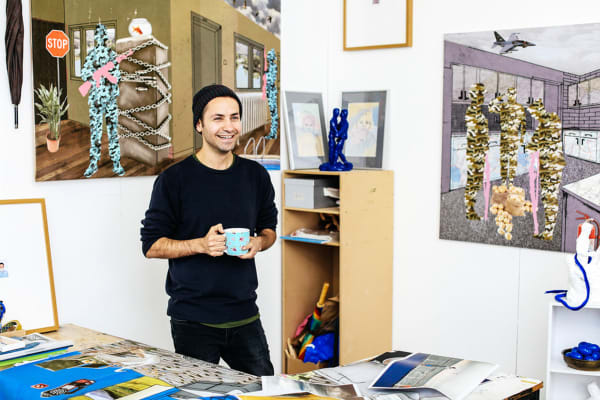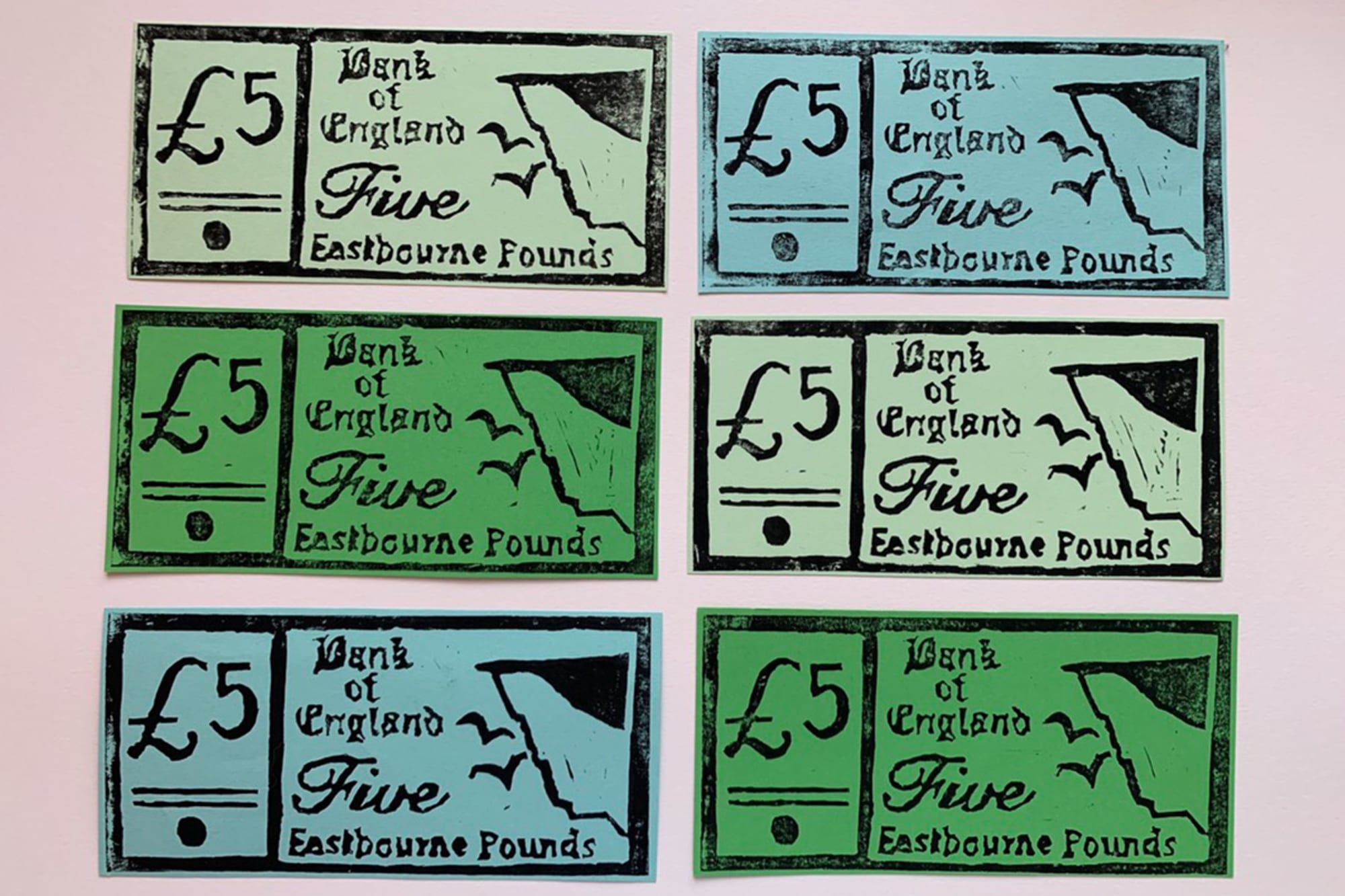Funding advice
UAL funding
The university offers a range of funding to support students with their projects and businesses. What’s on offer is constantly evolving so if you’re looking for funding, it’s worth keeping an eye on your College communications and doing your own searches on the UAL website.
Current funding
- Creative Enterprise Awards – seed funding plus industry support
- Creative Business Accelerator – funding plus business development
- UAL scholarships and bursaries – view current scholarships, bursaries and awards
Public funding
Public funding usually takes the form of grants that you don’t have to pay back. It comes from the government and other public organisations including:
- Arts Council England
- National Lottery Project Grants
- Local authorities (check your local council's website)
Other funding
There are different types of private funding, including: corporate social responsibility (CSR) and private equity (shareholding). Some investors - such as venture capitalists and angel investors - may take a share in your business and expect to have their money paid back plus a profit (known as return on investment or ROI).
Other sources of funding, such as philanthropic individuals or charitable organisations, won't require you to pay the money back.
Depending on your project type and scale, you could consider the following funding sources:
- Charities, trusts and foundations (e.g. UnLtd, The Rothschild Foundation)
- Individuals (philanthropy)
- Personal contacts
- Fundraising events
- Crowd-funding (e.g. Kickstarter, Crowdfunder)
Other support
It’s not all about the money; there are other types of in-kind support that can be just as valuable as cash. Some funding organisations may also be able to provide resources such as:
- Workspace
- Branding
- Advertising and cross-promotion
- Expertise
- Mentoring
Application advice
Funding applications can be time consuming but taking the time to prepare your application can pay off.
Each application will ask different questions so, whilst it's a good idea to have some core materials ready, you'll need to tailor your answers to each individual application.
Write your funding application in Word first so you have a copy if anything goes wrong with the application portal.
Read the criteria
Read the application form and guidance thoroughly to make sure you understand the funding criteria and that you’re eligible to apply. Tick all the boxes, as your application may not be considered if you don't.
Mirror some of the same language that the funder uses in their guidelines, to show that you are following the criteria. If there is something you’re not clear about contact the funder to check.
Include basic information
- Don’t assume the funder knows who you are or what you do. Give a clear overview of you and your work.
- Check that you’ve included your name, address and current contact details.
Use evidence to back up your application
- Demonstrate the success of your project or business by including statistics and evidence. This reassures funders that your claims are valid.
- Provide exact figures for things like how many items you’ve sold, how many people attended your event or which venues you’ve exhibited at.
- It’s worth building in evaluation and evidence collection to your projects as you go. This will help you when you need to report on the success of your project in the future. Remember to cite your source of evidence.
Budgets
- Make sure your project costs and activities are within the scope of the funding programme.
- Having clear, calculated costs is an important part of your application.
- Break down all the costs such as: your time, payment for others involved, materials, workspace or venues and marketing costs and evaluation.
Go through the project in detail and think where there could be additional or hidden costs.
Funding bodies may want to know if you have approached any other funders or secured any other funding. Find out whether the funding body you are applying to prefers to be the sole funder or understands that there may be other investors. Give details of any other potential investors.
Give yourself plenty of time
Make sure you leave enough time to add documents (such as budgets) and get material from collaborators (such as letters of support). Factor in that you might have to wait on others to avoid missing the deadline. Where possible, submit early rather than taking it right up to the deadline.
Proofreading
Spend some time double-checking your application to make sure all information is accurate and there are no spelling or grammatical errors. Get someone else to read your application and provide you with feedback on any improvements you could make.
-

Illustration by Gracie Dahl
Awards, funding and support
Careers and Employability offers funding opportunities to students and graduates to help their career or business as well as one-to-one mentoring.
-

Apply for the Creative Business Accelerator
Final year student or graduate with a business you’d like to develop? This 6-month programme includes industry support, mentoring and a £6,000 bursary. Apply by 9 May 2022.
-

Mustafa Boga, MA Fine Art, Central Saint Martins. Photo Alys Tomlinson.
Pitch it
Apply for a grant of up to £5,000 plus a share of prizes including: showcasing, industry mentoring and business training.

